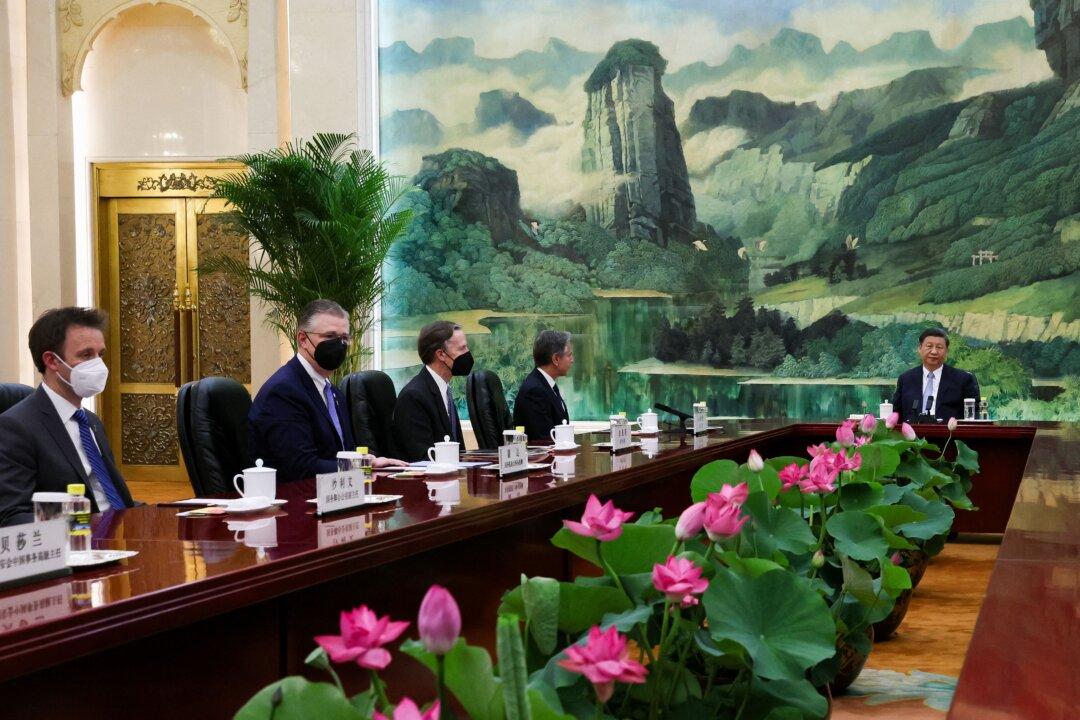The Biden administration is slow-walking approvals for $19 billion in Taiwan weapons purchases and not aggressively imposing congressionally-mandated sanctions on Chinese companies because it fears angering the Chinese Communist Party (CCP), several Republicans claimed during a July 18 House hearing on the State Department’s proposed Fiscal Year 2024 Eastern Asia and Pacific budget.
That fear has become increasingly visible not only to the CCP, but to nations across the world and especially those in the Asia Pacific, they said, referring to Secretary of State Antony Blinken’s and Treasury Secretary Janet Yellen’s recent trips to Beijing despite February’s spy balloon incident, recent disclosures about China’s Cuba spy base, and revelations that Chinese entities recently hacked thousands of State and Commerce department email accounts.





